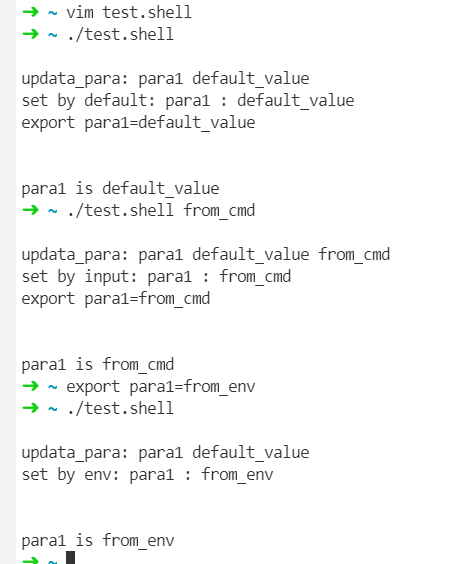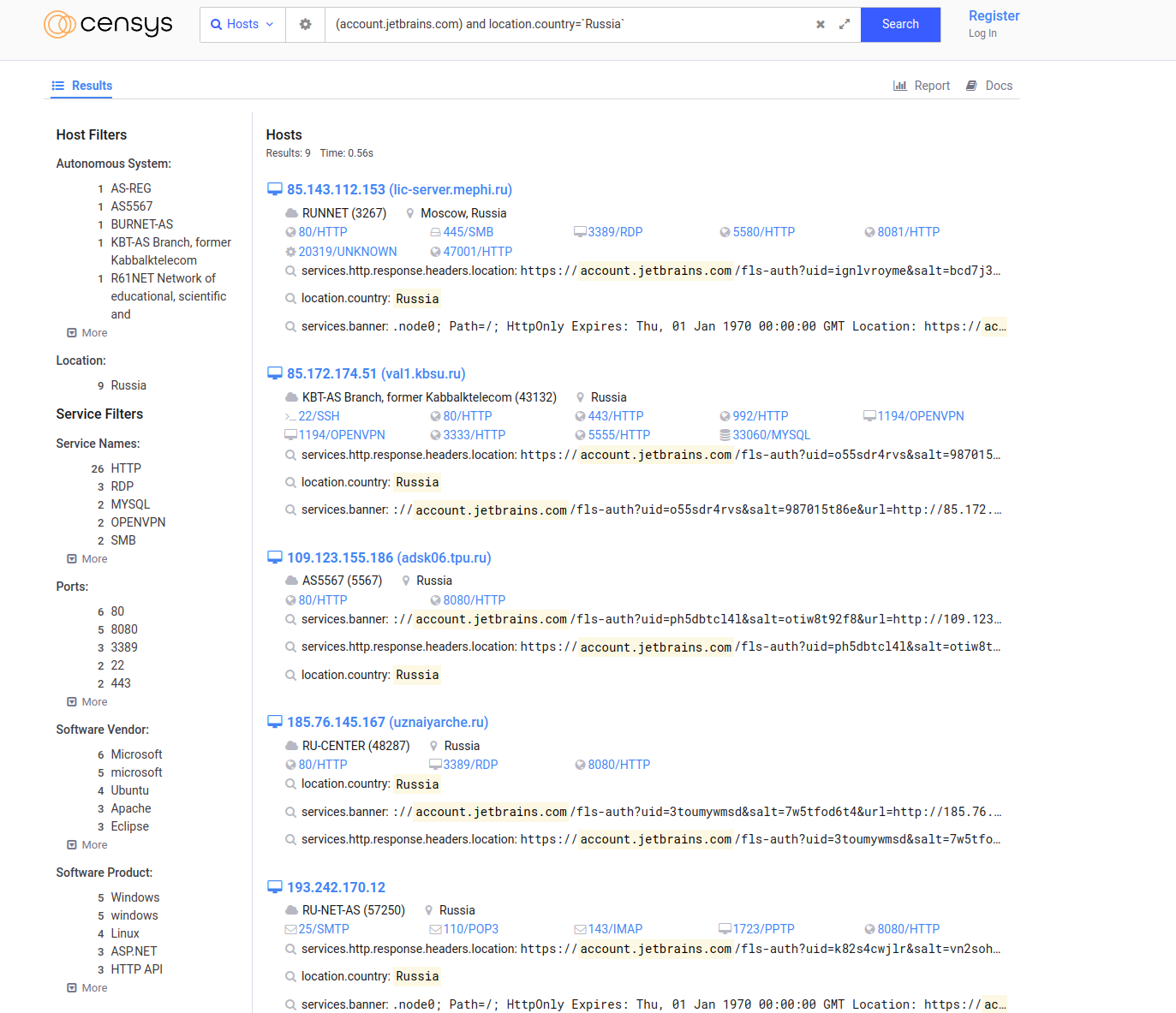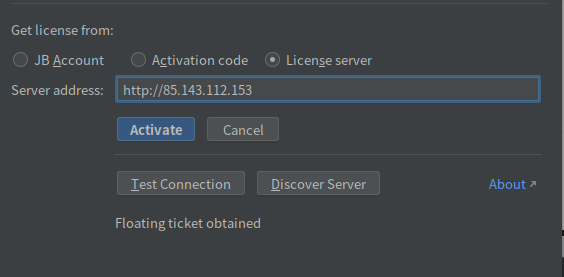1
2
3
4
5
6
7
8
9
10
11
12
13
14
15
16
17
18
19
20
21
22
23
24
25
26
27
28
29
30
31
32
33
34
35
36
37
38
39
40
41
42
43
44
45
46
47
48
49
50
51
52
53
54
55
56
57
58
59
60
61
62
63
64
65
66
67
68
69
70
71
72
73
74
75
76
77
78
79
80
81
82
83
84
85
86
87
88
89
90
91
92
93
94
95
96
97
98
99
100
101
102
103
104
105
106
107
108
109
110
111
112
113
114
115
116
117
118
119
120
121
122
123
124
125
126
127
128
129
130
131
132
133
134
135
136
137
138
139
140
141
142
143
144
145
146
147
148
149
150
151
152
153
154
155
156
157
158
159
160
161
162
163
164
165
166
167
168
169
170
171
172
173
174
175
176
177
178
179
180
181
182
183
184
185
186
187
188
189
190
191
192
193
194
195
196
197
198
199
200
201
202
203
204
205
206
207
208
209
210
211
212
213
|
../../bin/src_cpp_language_class_link: file format elf64-x86-64
Disassembly of section .init:
0000000000001000 <_init>:
1000: f3 0f 1e fa endbr64
1004: 48 83 ec 08 sub $0x8,%rsp
1008: 48 8b 05 d9 2f 00 00 mov 0x2fd9(%rip),%rax # 3fe8 <__gmon_start__@Base>
100f: 48 85 c0 test %rax,%rax
1012: 74 02 je 1016 <_init+0x16>
1014: ff d0 call *%rax
1016: 48 83 c4 08 add $0x8,%rsp
101a: c3 ret
Disassembly of section .plt:
0000000000001020 <.plt>:
1020: ff 35 92 2f 00 00 push 0x2f92(%rip) # 3fb8 <_GLOBAL_OFFSET_TABLE_+0x8>
1026: f2 ff 25 93 2f 00 00 bnd jmp *0x2f93(%rip) # 3fc0 <_GLOBAL_OFFSET_TABLE_+0x10>
102d: 0f 1f 00 nopl (%rax)
1030: f3 0f 1e fa endbr64
1034: 68 00 00 00 00 push $0x0
1039: f2 e9 e1 ff ff ff bnd jmp 1020 <_init+0x20>
103f: 90 nop
1040: f3 0f 1e fa endbr64
1044: 68 01 00 00 00 push $0x1
1049: f2 e9 d1 ff ff ff bnd jmp 1020 <_init+0x20>
104f: 90 nop
Disassembly of section .plt.got:
0000000000001050 <__cxa_finalize@plt>:
1050: f3 0f 1e fa endbr64
1054: f2 ff 25 9d 2f 00 00 bnd jmp *0x2f9d(%rip) # 3ff8 <__cxa_finalize@GLIBC_2.2.5>
105b: 0f 1f 44 00 00 nopl 0x0(%rax,%rax,1)
Disassembly of section .plt.sec:
0000000000001060 <puts@plt>:
1060: f3 0f 1e fa endbr64
1064: f2 ff 25 5d 2f 00 00 bnd jmp *0x2f5d(%rip) # 3fc8 <puts@GLIBC_2.2.5>
106b: 0f 1f 44 00 00 nopl 0x0(%rax,%rax,1)
0000000000001070 <__stack_chk_fail@plt>:
1070: f3 0f 1e fa endbr64
1074: f2 ff 25 55 2f 00 00 bnd jmp *0x2f55(%rip) # 3fd0 <__stack_chk_fail@GLIBC_2.4>
107b: 0f 1f 44 00 00 nopl 0x0(%rax,%rax,1)
Disassembly of section .text:
0000000000001080 <_start>:
1080: f3 0f 1e fa endbr64
1084: 31 ed xor %ebp,%ebp
1086: 49 89 d1 mov %rdx,%r9
1089: 5e pop %rsi
108a: 48 89 e2 mov %rsp,%rdx
108d: 48 83 e4 f0 and $0xfffffffffffffff0,%rsp
1091: 50 push %rax
1092: 54 push %rsp
1093: 45 31 c0 xor %r8d,%r8d
1096: 31 c9 xor %ecx,%ecx
1098: 48 8d 3d ca 00 00 00 lea 0xca(%rip),%rdi # 1169 <main>
109f: ff 15 33 2f 00 00 call *0x2f33(%rip) # 3fd8 <__libc_start_main@GLIBC_2.34>
10a5: f4 hlt
10a6: 66 2e 0f 1f 84 00 00 cs nopw 0x0(%rax,%rax,1)
10ad: 00 00 00
00000000000010b0 <deregister_tm_clones>:
10b0: 48 8d 3d 59 2f 00 00 lea 0x2f59(%rip),%rdi # 4010 <__TMC_END__>
10b7: 48 8d 05 52 2f 00 00 lea 0x2f52(%rip),%rax # 4010 <__TMC_END__>
10be: 48 39 f8 cmp %rdi,%rax
10c1: 74 15 je 10d8 <deregister_tm_clones+0x28>
10c3: 48 8b 05 16 2f 00 00 mov 0x2f16(%rip),%rax # 3fe0 <_ITM_deregisterTMCloneTable@Base>
10ca: 48 85 c0 test %rax,%rax
10cd: 74 09 je 10d8 <deregister_tm_clones+0x28>
10cf: ff e0 jmp *%rax
10d1: 0f 1f 80 00 00 00 00 nopl 0x0(%rax)
10d8: c3 ret
10d9: 0f 1f 80 00 00 00 00 nopl 0x0(%rax)
00000000000010e0 <register_tm_clones>:
10e0: 48 8d 3d 29 2f 00 00 lea 0x2f29(%rip),%rdi # 4010 <__TMC_END__>
10e7: 48 8d 35 22 2f 00 00 lea 0x2f22(%rip),%rsi # 4010 <__TMC_END__>
10ee: 48 29 fe sub %rdi,%rsi
10f1: 48 89 f0 mov %rsi,%rax
10f4: 48 c1 ee 3f shr $0x3f,%rsi
10f8: 48 c1 f8 03 sar $0x3,%rax
10fc: 48 01 c6 add %rax,%rsi
10ff: 48 d1 fe sar %rsi
1102: 74 14 je 1118 <register_tm_clones+0x38>
1104: 48 8b 05 e5 2e 00 00 mov 0x2ee5(%rip),%rax # 3ff0 <_ITM_registerTMCloneTable@Base>
110b: 48 85 c0 test %rax,%rax
110e: 74 08 je 1118 <register_tm_clones+0x38>
1110: ff e0 jmp *%rax
1112: 66 0f 1f 44 00 00 nopw 0x0(%rax,%rax,1)
1118: c3 ret
1119: 0f 1f 80 00 00 00 00 nopl 0x0(%rax)
0000000000001120 <__do_global_dtors_aux>:
1120: f3 0f 1e fa endbr64
1124: 80 3d e5 2e 00 00 00 cmpb $0x0,0x2ee5(%rip) # 4010 <__TMC_END__>
112b: 75 2b jne 1158 <__do_global_dtors_aux+0x38>
112d: 55 push %rbp
112e: 48 83 3d c2 2e 00 00 cmpq $0x0,0x2ec2(%rip) # 3ff8 <__cxa_finalize@GLIBC_2.2.5>
1135: 00
1136: 48 89 e5 mov %rsp,%rbp
1139: 74 0c je 1147 <__do_global_dtors_aux+0x27>
113b: 48 8b 3d c6 2e 00 00 mov 0x2ec6(%rip),%rdi # 4008 <__dso_handle>
1142: e8 09 ff ff ff call 1050 <__cxa_finalize@plt>
1147: e8 64 ff ff ff call 10b0 <deregister_tm_clones>
114c: c6 05 bd 2e 00 00 01 movb $0x1,0x2ebd(%rip) # 4010 <__TMC_END__>
1153: 5d pop %rbp
1154: c3 ret
1155: 0f 1f 00 nopl (%rax)
1158: c3 ret
1159: 0f 1f 80 00 00 00 00 nopl 0x0(%rax)
0000000000001160 <frame_dummy>:
1160: f3 0f 1e fa endbr64
1164: e9 77 ff ff ff jmp 10e0 <register_tm_clones>
0000000000001169 <main>:
1169: f3 0f 1e fa endbr64
116d: 55 push %rbp
116e: 48 89 e5 mov %rsp,%rbp
1171: 48 83 ec 10 sub $0x10,%rsp
1175: 64 48 8b 04 25 28 00 mov %fs:0x28,%rax
117c: 00 00
117e: 48 89 45 f8 mov %rax,-0x8(%rbp)
1182: 31 c0 xor %eax,%eax
1184: 48 8d 05 8d 0e 00 00 lea 0xe8d(%rip),%rax # 2018 <_IO_stdin_used+0x18>
118b: 48 89 c7 mov %rax,%rdi
118e: e8 cd fe ff ff call 1060 <puts@plt>
1193: 48 8d 45 f6 lea -0xa(%rbp),%rax
1197: 48 89 c7 mov %rax,%rdi
119a: e8 4f 00 00 00 call 11ee <_ZN6Class13funEv>
119f: 48 8d 45 f7 lea -0x9(%rbp),%rax
11a3: 48 89 c7 mov %rax,%rdi
11a6: e8 21 00 00 00 call 11cc <_ZN6Class23funEv>
11ab: e8 60 00 00 00 call 1210 <_Z4testv>
11b0: b8 00 00 00 00 mov $0x0,%eax
11b5: 48 8b 55 f8 mov -0x8(%rbp),%rdx
11b9: 64 48 2b 14 25 28 00 sub %fs:0x28,%rdx
11c0: 00 00
11c2: 74 05 je 11c9 <main+0x60>
11c4: e8 a7 fe ff ff call 1070 <__stack_chk_fail@plt>
11c9: c9 leave
11ca: c3 ret
11cb: 90 nop
00000000000011cc <_ZN6Class23funEv>:
11cc: f3 0f 1e fa endbr64
11d0: 55 push %rbp
11d1: 48 89 e5 mov %rsp,%rbp
11d4: 48 83 ec 10 sub $0x10,%rsp
11d8: 48 89 7d f8 mov %rdi,-0x8(%rbp)
11dc: 48 8d 05 21 0e 00 00 lea 0xe21(%rip),%rax # 2004 <_IO_stdin_used+0x4>
11e3: 48 89 c7 mov %rax,%rdi
11e6: e8 75 fe ff ff call 1060 <puts@plt>
11eb: 90 nop
11ec: c9 leave
11ed: c3 ret
00000000000011ee <_ZN6Class13funEv>:
11ee: f3 0f 1e fa endbr64
11f2: 55 push %rbp
11f3: 48 89 e5 mov %rsp,%rbp
11f6: 48 83 ec 10 sub $0x10,%rsp
11fa: 48 89 7d f8 mov %rdi,-0x8(%rbp)
11fe: 48 8d 05 06 0e 00 00 lea 0xe06(%rip),%rax # 200b <_IO_stdin_used+0xb>
1205: 48 89 c7 mov %rax,%rdi
1208: e8 53 fe ff ff call 1060 <puts@plt>
120d: 90 nop
120e: c9 leave
120f: c3 ret
0000000000001210 <_Z4testv>:
1210: f3 0f 1e fa endbr64
1214: 55 push %rbp
1215: 48 89 e5 mov %rsp,%rbp
1218: 48 83 ec 10 sub $0x10,%rsp
121c: 64 48 8b 04 25 28 00 mov %fs:0x28,%rax
1223: 00 00
1225: 48 89 45 f8 mov %rax,-0x8(%rbp)
1229: 31 c0 xor %eax,%eax
122b: 48 8d 05 06 0e 00 00 lea 0xe06(%rip),%rax # 2038 <_IO_stdin_used+0x38>
1232: 48 89 c7 mov %rax,%rdi
1235: e8 26 fe ff ff call 1060 <puts@plt>
123a: 48 8d 45 f6 lea -0xa(%rbp),%rax
123e: 48 89 c7 mov %rax,%rdi
1241: e8 a8 ff ff ff call 11ee <_ZN6Class13funEv>
1246: 48 8d 45 f7 lea -0x9(%rbp),%rax
124a: 48 89 c7 mov %rax,%rdi
124d: e8 7a ff ff ff call 11cc <_ZN6Class23funEv>
1252: 90 nop
1253: 48 8b 45 f8 mov -0x8(%rbp),%rax
1257: 64 48 2b 04 25 28 00 sub %fs:0x28,%rax
125e: 00 00
1260: 74 05 je 1267 <_Z4testv+0x57>
1262: e8 09 fe ff ff call 1070 <__stack_chk_fail@plt>
1267: c9 leave
1268: c3 ret
Disassembly of section .fini:
000000000000126c <_fini>:
126c: f3 0f 1e fa endbr64
1270: 48 83 ec 08 sub $0x8,%rsp
1274: 48 83 c4 08 add $0x8,%rsp
1278: c3 ret
|







